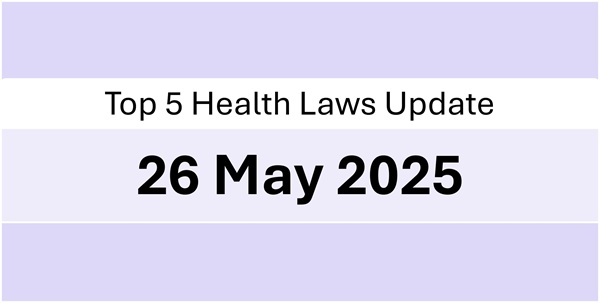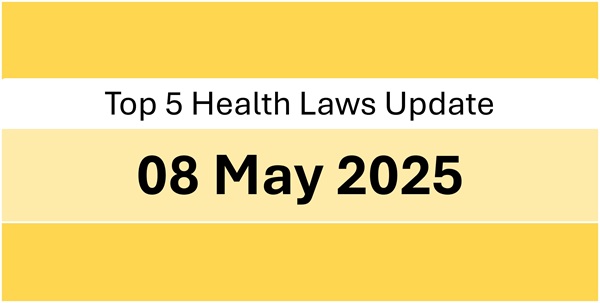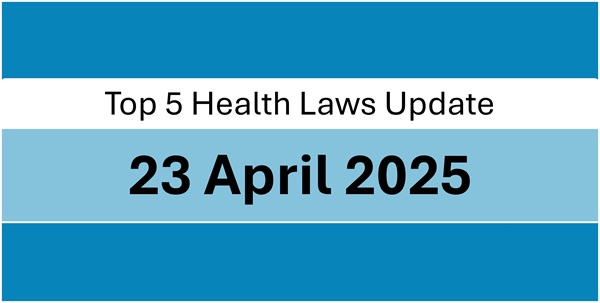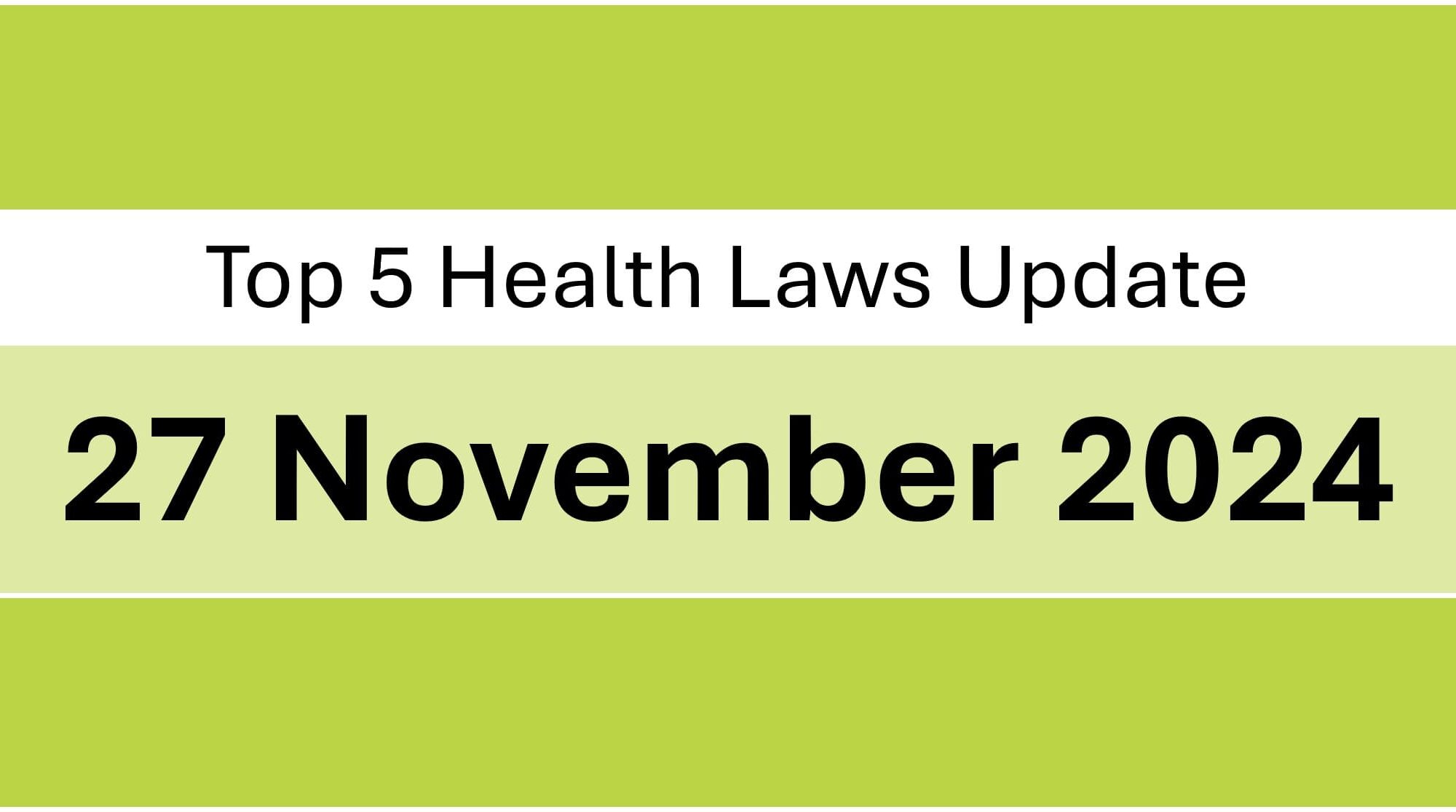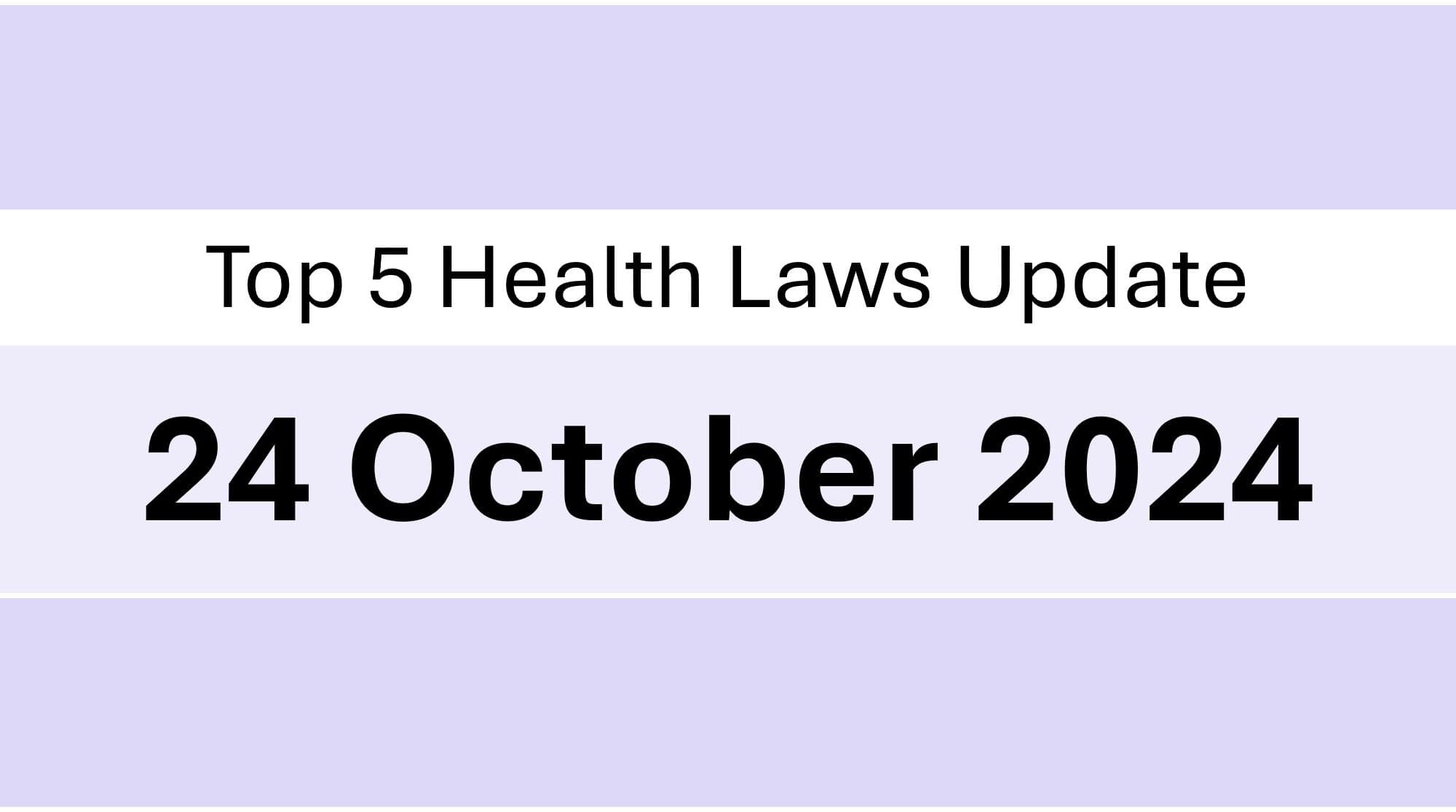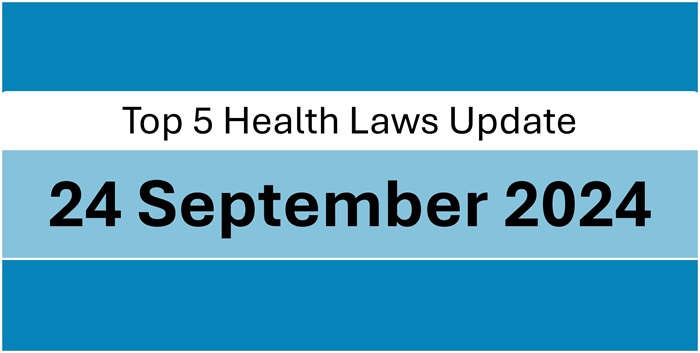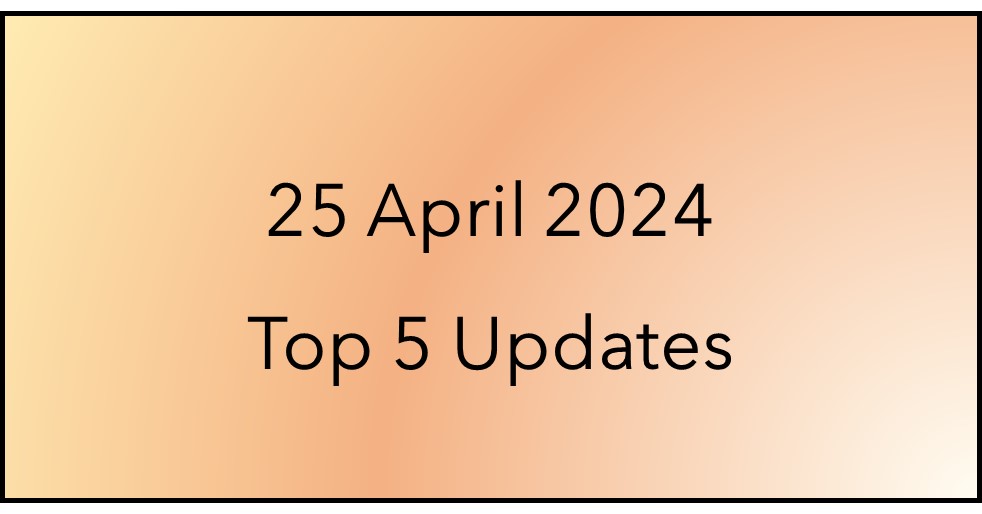Dear Readers, we are happy to share the most interesting legal and policy updates concerning health industry that we read today. we hope you enjoy reading it.
1. The Indian government has proposed prohibiting the import, manufacture, sale, and distribution of certain specified antimicrobial medicinal products for animal use. It has invited public suggestions and objections from stakeholders by 22nd June 2025. The move aims to curb antimicrobial resistance and protect human health.
Source: bit.ly/4dvRgfj
2. The Supreme Court of India recently upheld dual taxation on broadcasting services, allowing both the Centre to levy service tax and states to impose entertainment tax. It ruled broadcasting as communication and entertainment as a luxury, confirming constitutional authority for concurrent taxation on cable TV, digital streaming, and OTT platforms.
Source: bit.ly/4mDyR4G
3. Under the free trade agreement (FTA), the United Kingdom reportedly will provide non-discriminatory access to Indian companies in its public procurement, while India grants UK firms limited access to high-value tenders in return. The deal ensures mutual market access while protecting India’s strategic interests, including ‘Make in India’ and SME support.
Source: bit.ly/3Sm7s9m
4. India and World Health Organisation (WHO) has signed the Memorandum of Understanding (MoU) to include AYUSH therapies in WHO’s global health classification system. This will give traditional medicine scientific recognition, enable insurance coverage, and improve global access to India’s ancient healing systems.
Source: bit.ly/3FuRgQ8
5. India’s Uttar Pradesh government, following a recent hospital fire has mandated comprehensive fire safety upgrades across all hospitals which includes installing fire-fighting systems, conducting regular mock drills, improving ventilation, and ensuring unobstructed evacuation routes. Staff training and adherence to fire safety guidelines to prevent future incidents
Source: bit.ly/45qkb2j

